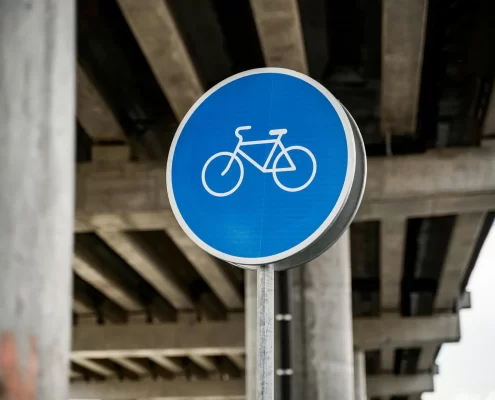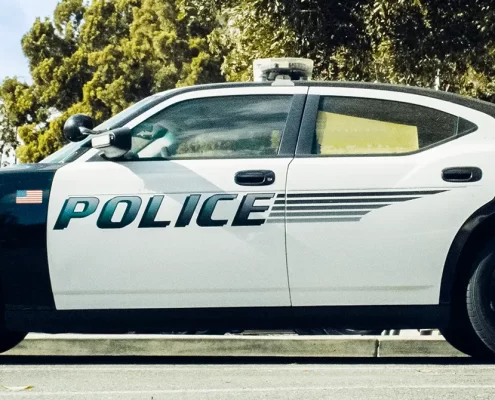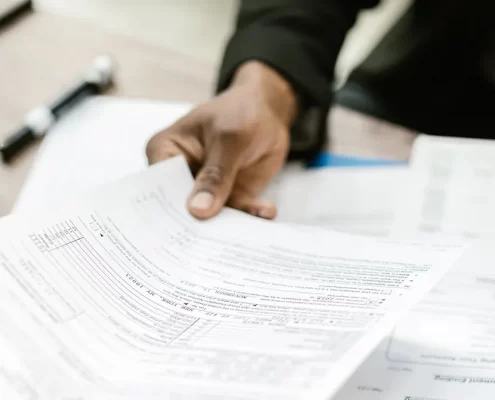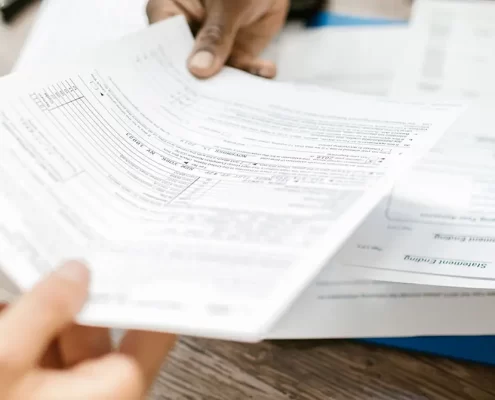
Bicycle Accidents in Pennsylvania
Car Accident, Personal InjurySharing the road can be a challenge, especially as a bicyclist surrounded by impatient and distracted drivers. If you are injured in a bicycle accident in Pennsylvania, you may be entitled to compensation. It’s vital to speak with an experienced…

Car Seat Laws in Pennsylvania
Berks County, Car Accident, Personal InjuryCar seats are an important safety measure for your children and grandchildren. Pennsylvania has laws pertaining to the type of car seat required for your child based on their age, height, and weight. By following these regulations and properly…

If you borrow someone’s car and get into an accident, whose insurance covers it?
Car Accident, Personal InjuryWe’ve all had times when we need to borrow a car from a friend or family member. But what happens if you get into an accident while you’re driving the borrowed car and you get injured? Whose insurance will cover that injury? Watch the video…

What is Dram Shop Liability?
Car Accident, Personal Injury, Wrongful DeathWhen you’ve been injured by a driver who drank and drove, it’s not just the driver who is liable. In some cases, the bar that served a driver too much alcohol before turning them loose on the roads is also liable for your injuries. This…

Your Car Insurance May Cover You as a Bicyclist
Car Accident, Insurance, Personal InjuryIf you’ve been injured in a traffic accident while on a bicycle, your car insurance may cover the personal injuries you sustained. When you are out on the roads as either a pedestrian or a bicyclist, injuries from a car striking you or otherwise…

How do I subpoena a police report?
Berks County, Car Accident, Civil LawWhen you are trying to get ahold of a police report after a car accident, an assault, a neighbor dispute or for any other reason, you may find that the process is very confusing. Police departments do not always produce their reports upon request,…

Mediation in Personal Injury Cases
Car Accident, Insurance, Personal InjuryWhen you’ve been injured by someone else’s mistake, the long legal process that follows with insurance and lawyers can feel frustrating. Getting your injuries treated, dealing with medical bills and health insurance, and talking with an…

Peer-to-Peer Carsharing: A Sunday Drive or a Nightmare Ride?
Business Law, Car Accident, Insurance, Personal InjuryNot all side hustles are created equally, but they all come with serious considerations. Of course, the first consideration for most is financial. After all, the whole point is to supplement your income. The upside must be worth the investment…

Evaluating Injuries After a Car Accident
Car Accident, Insurance, Personal InjuryWhen you’ve been in a car accident and are in the process of making an insurance claim, often the most crucial part of the process is to properly evaluate the cost of your injuries. Many victims injured in car accidents ask our Personal Injury…

Do My Medical Bills Get Put on Hold While I Pursue a Personal Injury Claim?
Car Accident, Personal InjuryWhen you are injured in a car accident, a common question that you may confront is what to do about your mounting medical bills. Some people have medical insurance that covers their medical bills, and they are less concerned with this problem.…
